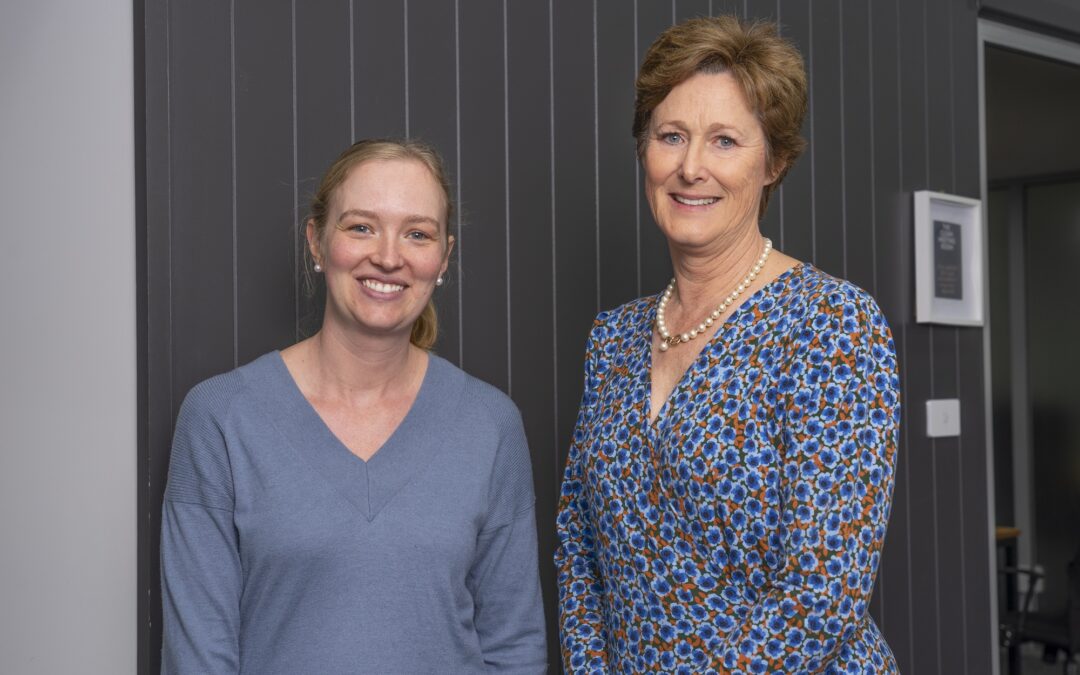By Thomson Reuters Tax & Accounting
Individuals aged between 67 and 75 will be able to make non-concessional, and salary sacrificed contributions without the need to pass the work test or satisfy the work test exemption criteria from 1 July 2022. The removal of the work test from that date also allows individuals aged under 75 years of age to access the bring-forward of non-concessional contributions in some cases. Personal contributions will also be affected, although now, instead of passing the work test to contribute, the work test only applies if a deduction is sought.
This change was designed to give older Australians more flexibility to contribute to their super and add to their retirement.
Contribution caps will still apply to any contributions made. The concessional contributions cap related to salary sacrificed contribution is $27,500 from 1 July 2021 to 30 June 2022. This cap is indexed every year in line with average weekly ordinary time earnings and may increase year on year. The non-concessional contributions cap from 1 July 2021 is $110,000 and is set at four times the concessional contributions cap. This means that if the concessional contributions cap goes up due to indexing, the non-concessional cap will also increase.
With the removal of the work-test from 1 July 2022, those individuals aged under 75 years of age will also be able to access the bring-forward of non-concessional contributions in any one financial year, which may allow them to access up to three times the annual non-concessional contributions cap in a single year (i.e. up to $330,000 for the 2021-22 income year). Exactly how much can be accessed depends on the individual’s total super balance on 30 June of the previous financial year.
In addition to these incoming changes to the work test for non-concessional and salary sacrificed contributions, a change will also be made to personal contributions by those aged between 67 and 75 from 1 July 2022. From that date, these individuals only need to meet the work test if they want to claim a deduction for that personal contribution.
To pass the work test, an individual must be gainfully employed for at least 40 hours during a consecutive 30-day period in each income year in which contributions were made. It is an annual test, which means that the individual can make contributions for that entire income year once it is met. “Gainfully employed” requires the individual to be employed or self-employed for gain or reward in any business, trade, profession, vocation, calling, or occupation.
Unpaid work or passive income (e.g. interest, dividends, trust distributions, rent etc.) do not satisfy the criteria of being gainfully employed.
If an individual cannot meet the work test, there is also the work test exemption which you can use to obtain a deduction for a personal contribution. To meet the work test exemption, an individual must have:
- satisfied the work test in the financial year before the year in which the contribution was made;
- a total super balance of less than $300,000 at the end of the previous financial year; and
- not relied on the work test exemption in an earlier financial year.
It should be noted that individuals who are aged 75 and meet the work test can only claim a deduction concerning a contribution that is made on or before 28 days after the month in which they turn 75.
Want to grow your super?
If you’re between the ages of 67 and 75, now is the perfect time to put a plan to grow your super with these changes. Make your retirement more comfortable and find out more about how you can take advantage of these changes. Contact us today at enquiries@rm.net.au
**The material and contents provided in this publication are informative in nature only. It is not intended to be advice and you should not act specifically on the basis of this information alone. If expert assistance is required, professional advice should be obtained.



